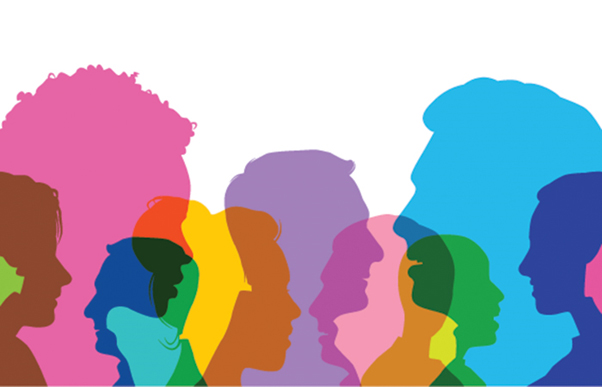The literal translation of “Mangba” is “Pollute/Profane”. This is a term used by the modern Manipuris for menstruation. However the traditional word used for menstruation in Meiteilon by the old people is “Thagi Khongkap” and the closest translation in English could be “Monthly period”.
In Manipur, girls and women from both the rural and urban areas still consider Mangba as taboo. Thus the community follows certain traditional methods to convey and conceal such biological processes that occur in the women’s body. However in the millennium, across the globe various social scientist, organisations and feminist have been scaling up awareness about the menstrual hygiene through various support related with women’s health and empowerment.
Contrary to the constant global development, in a conservative society like Meitei, there are not many changes in people’s belief and mindset. Girls and women are forbidden to participate in rituals and performing kitchen activities during the five days in menstruation. In my experience from the association with girls, I found they are uncomfortable to talk about their puberty and period. They still are ashamed to buy napkins openly from pharmacies and shops. The varied experiences and stories that I have involved has evoked me to address the relentless suffering of my kind.
This would be my least contribution towards the unspoken narratives of transmen’s menstrual hygiene. I have been listening to them about their relationships, chest bindings method and hormone replacement therapy, and have been rendering support to the community in terms of moral and emotional. However I failed to hear a single story from the community talking about their menstrual hygiene. Most of the related health problems and issues that the community have shared are mostly confined to masculinisation and negative attitudes faced by the community in the hospitals and health care service providers.
One day in a gathering, I was sharing about my health problem and physical changes after my Sex Reassignment Surgery. In the course of the conversation a few trans boys asked me “If I have menstruation after getting the Neo vagina done?” I jolted at instant, as that was the first time I heard “MANGBA” from their mouth. The question made me explain precisely about medical transition procedures from male to female and female to male. My deliberation includes different parts of the body and also the natural process that takes place inside the body.
I witnessed a sign of losing comfort on their face and body language when engaging to talk on the topic of menstruation. To show my respect to them I paused and changed to another topic. Then one individual had shown interest to continue the topic but before continuation, I asked the other participants if they also agreed.
With due permission from the entire participants the topic was continued. Several questions were asked to me and almost all the queries were related to the anxiety of stopping and discarding the menstrual process. In many of them the discharging of the blood during the menstruation seems a curse and a very painful scene, though they realised it is an undeniable physical process which is an inevitable part in the female body.
My association with the two different sections of the female body having different gender identity has taken me to a critical analysis. It was beyond my ability to understand the frustration and trauma that has been affecting many transmen’s lives due to menstruation. It is a central concern for the transmen community but the fear associated with the vulnerability to the exposure of reality to the society constantly pushed the community to various unhygienic methods to hide. It is indeed a truth but a sanctity that has no social respect and understanding. This sensitive issue may have led to a certain degree of self-harming and also loss of body confidence to many of our trans brothers.
Menstruation is considered a secret/sacred for cis gender girls/women but it is a hiding in the trans men community. Their masculine identity cannot accommodate this particular female body process. The process of hiding this natural biological process associates with several other health risks. Without denying their male identity, the community needs to empower on accepting this reality through expanding and including transmen in the menstrual hygiene awareness program. The agency, institution and health fraternity needs to talk about the possible health consequences coming along with the unhygienic practices during menstruation.
Hiding is a form of suppressing realities/truth. In the context of transgender community concealing the body truth is used as a gender transforming mechanism and this has been practicing by both transmen and women. The community hardly takes up healthcare services even in a life-and-death condition. This is a fear of the regular negative experiences that the community receives from the health care service providers, professionals and society at large.
In another interaction event with transmen community, one person shared his real story that happened in a government hospital in Manipur. He once had abdomen pain and thus went to consult a doctor. The moment the doctor saw him, he was asked if he had a sexual relationship with men. He said it was the most disappointing moment in his life and was deeply wounded. That was the last day of his visit to doctors and hospitals.
There shall be many other untold stories of the community being denied access to basic health services. One health issue which is the most important to look upon is their menstrual hygiene because controlling this process can result in a very complicated health issue.










